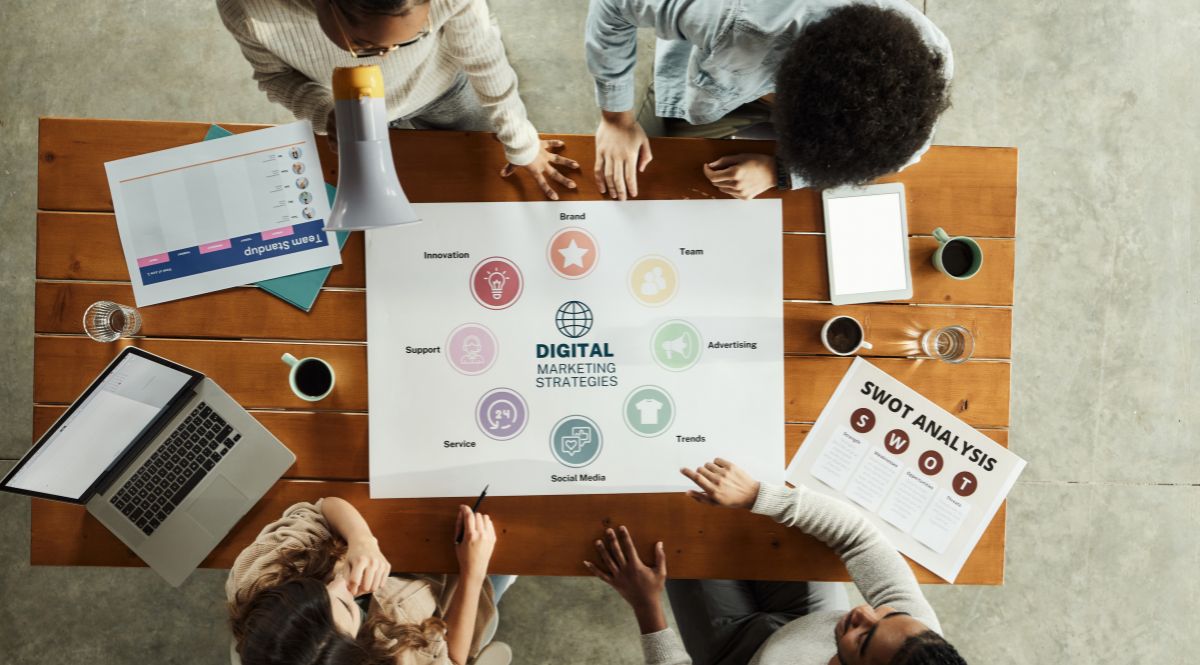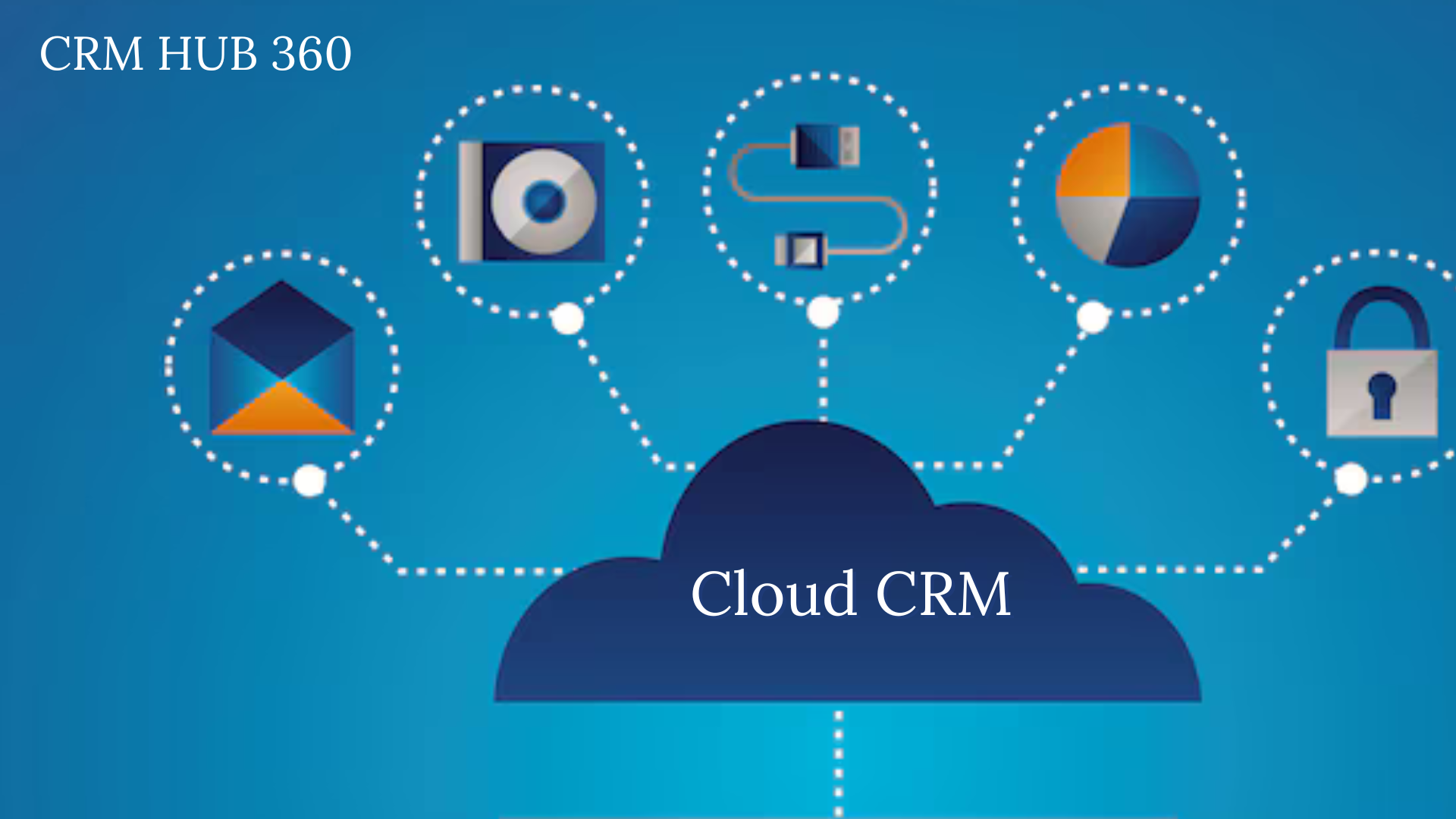In today’s business landscape, the pressure to prioritise green initiatives is more significant than ever. Companies are now expected to demonstrate their commitment to environmental sustainability, not just as a corporate responsibility but as a crucial aspect of their operational strategies. Employees, increasingly aware of their environmental impact, are seeking workplaces that reflect their personal values regarding sustainability.
Why Carbon Literacy Matters
Carbon literacy refers to an individual’s understanding of the carbon costs and impacts of everyday activities and the ability to make informed decisions to reduce those emissions. In a workplace setting, this knowledge empowers employees to contribute meaningfully to their company’s sustainability goals. Enhanced carbon literacy among staff can lead to more environmentally friendly practices, innovative green solutions, and a stronger alignment between personal and corporate values.
Strategies for Enhancing Carbon Literacy
1. Educational Initiatives: Regular training sessions and workshops are essential. These can cover the basics of carbon footprints, the importance of reducing emissions, and practical steps that employees can take both at work and at home.
2. Promote Sustainable Practices: Encourage behaviours that reduce carbon emissions. This can include cycling to work, using public transport, carpooling, and opting for virtual meetings instead of unnecessary travel. Simple changes, like switching off unused lights and computers, can significantly reduce energy consumption.
3. Digital Communication: Reducing paper use by encouraging digital communication is another effective strategy. One simple way of implementing this is by urging clients to opt for digital communications, which are not only more sustainable but also more efficient for record-keeping.
4. Sustainable Suppliers: Evaluate and choose suppliers based on their environmental credentials. This could involve switching to renewable energy providers or using more sustainable banking options. Companies can also leverage apps like Giki Zero to provide employees with tools to track and reduce their carbon footprint.
5. Engagement Through Challenges: Create team and firm-wide challenges to promote sustainability. Monthly challenges can foster a sense of competition and camaraderie, motivating employees to engage in eco-friendly activities.
6. Regular Updates and Communication: Keeping employees informed about new sustainability initiatives and achievements can maintain momentum and enthusiasm. Regular internal communications can highlight progress and share tips on reducing carbon footprints.
The Benefits of a Green Culture
Adopting an environmentally conscious culture offers numerous benefits. For one, it can attract like-minded clients and top talent who prioritise sustainability. Additionally, implementing green practices can lead to increased operational efficiency, reducing resource consumption and waste. Employees often feel more engaged and motivated when they see their company taking meaningful steps toward sustainability, which can boost morale and job satisfaction.
Monahans, a company renowned for its dedication to sustainability, exemplifies how businesses can effectively boost carbon literacy among employees. Stephanie Hurst, Director of Corporate Tax Consultancy and Personal Tax Compliance at Monahans, said: “It’s about making a positive impact by educating and engaging our colleagues to make better choices, so people begin to think about their impact on the environment in their day-to-day lives.” This statement underscores the essence of fostering an environmentally conscious culture within the workplace.
Conclusion
In conclusion, boosting carbon literacy in the workplace is not just about meeting regulatory requirements or enhancing corporate image. It is a strategic investment that can lead to long-term business resilience and success. By educating employees, promoting sustainable practices, and fostering a green culture, businesses can make significant strides in reducing their environmental impact while enhancing overall performance.










